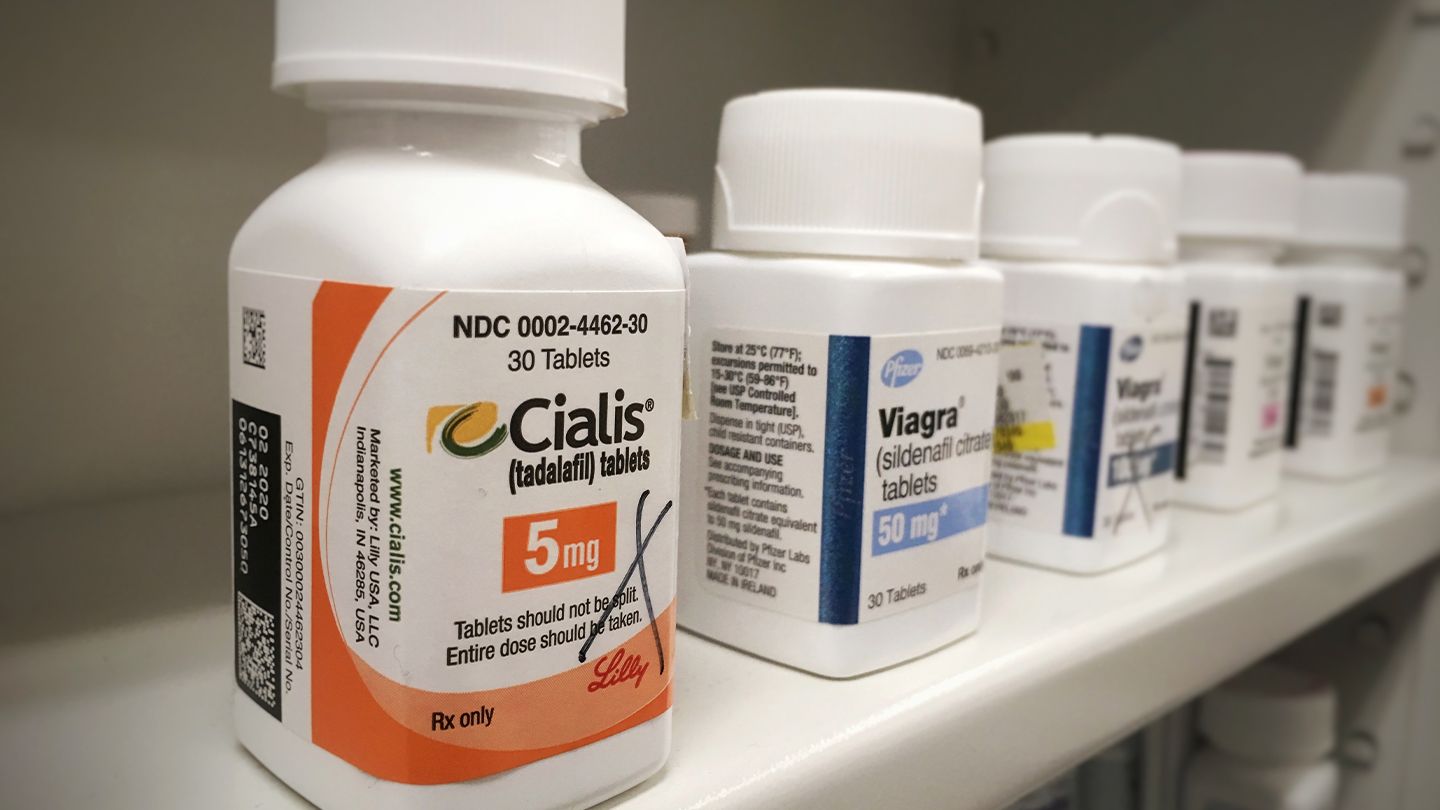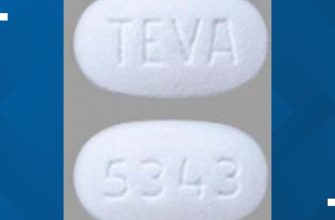Combining Cialis and low-dose aspirin requires careful consideration. Consult your doctor before starting this combination, especially if you have a history of heart conditions, bleeding disorders, or stomach ulcers. This discussion focuses on potential interactions and safety aspects, providing you with information to aid in informed decision-making.
Low-dose aspirin’s antiplatelet effects can increase the risk of bleeding, a potential concern when using Cialis, particularly if you already have a predisposition to bleeding. Your physician will assess your individual risk factors and determine if this combination is suitable for you. Regular monitoring and open communication with your doctor are critical throughout the treatment period.
Specific considerations include the dosage of both medications. The optimal aspirin dosage for cardiovascular protection might interact differently with Cialis than higher doses used to treat other conditions. Your doctor will carefully tailor the regimen to your health status and needs. Remember that this combination isn’t suitable for everyone, and alternative treatment plans may be preferable depending on your overall health picture.
Disclaimer: This information is for educational purposes only and does not substitute professional medical advice. Always consult your doctor before starting or changing any medication.
- Cialis and Low Dose Aspirin: A Detailed Look
- Understanding the Risks
- Monitoring and Management
- Alternative Approaches
- Understanding the Individual Roles of Cialis and Low Dose Aspirin
- Potential Synergistic Effects and Benefits of Combined Use
- Potential Risks and Side Effects of Concurrent Use
- Specific Considerations for Patients with Pre-existing Conditions
- Dosage and Timing Recommendations for Safe Combined Use
- Consulting Your Doctor: The Importance of Personalized Advice
- Understanding Your Individual Risks
- Tailoring Treatment to You
- Monitoring Your Progress
- Seeking Clarification
Cialis and Low Dose Aspirin: A Detailed Look
Consult your doctor before combining Cialis and low-dose aspirin. This combination might increase your risk of bleeding, particularly if you have a history of bleeding disorders or take other blood thinners. Your physician can assess your individual risk factors and determine the appropriate course of action.
Understanding the Risks
Cialis, a medication used to treat erectile dysfunction, can affect blood clotting. Low-dose aspirin, commonly used to reduce the risk of heart attack and stroke, also thins the blood. Combining these medications increases the likelihood of bleeding, ranging from minor nosebleeds to more serious internal bleeding. The severity depends on factors like dosage, overall health, and the presence of other health conditions.
Monitoring and Management
Regular check-ups with your doctor are critical when taking this combination. Blood tests may monitor your clotting times, allowing for adjustments in medication if necessary. Open communication with your doctor about any unusual bleeding, bruising, or other symptoms is essential for safe management. They can help you navigate potential side effects and make informed decisions about your treatment.
Alternative Approaches
Depending on your specific health situation, your doctor may suggest alternative treatments for erectile dysfunction or cardiovascular disease that minimize the risk of bleeding. This could involve different medications or lifestyle changes. Always discuss your options thoroughly with your healthcare provider to find the safest and most effective approach for your individual needs.
Understanding the Individual Roles of Cialis and Low Dose Aspirin
Cialis primarily treats erectile dysfunction (ED) and benign prostatic hyperplasia (BPH). It increases blood flow to the penis, facilitating erection. Dosage varies depending on individual needs and physician recommendations. Common side effects include headache, flushing, and nasal congestion.
Low-dose aspirin, typically 81mg daily, functions as an antiplatelet agent. It reduces blood clot formation by inhibiting platelet aggregation. This lowers the risk of heart attack and stroke in individuals at high risk. Common side effects include stomach upset and increased risk of bleeding.
It’s crucial to remember that Cialis and low-dose aspirin serve distinct purposes. One treats sexual health issues; the other reduces cardiovascular risk. Combining them requires careful medical assessment, as interactions may occur. Always consult your doctor before initiating or altering medication regimens.
Your doctor will consider your medical history, including any existing conditions or medications, to determine the suitability and safety of this combination. Regular monitoring of health markers is advisable when taking both medications.
Potential Synergistic Effects and Benefits of Combined Use
Combining Cialis and low-dose aspirin may offer certain advantages for some men, primarily related to cardiovascular health and erectile function. Research suggests a potential synergy, although more studies are needed to confirm these effects conclusively.
Low-dose aspirin’s antiplatelet properties can help improve blood flow, potentially enhancing the effectiveness of Cialis in achieving and maintaining an erection. This is because improved blood flow is crucial for both. However, this isn’t a guaranteed outcome, and individual responses vary significantly.
Cardiovascular benefits are another potential area of synergy. Cialis can improve endothelial function, aiding blood vessel dilation. Aspirin’s anti-inflammatory and antithrombotic effects can reduce cardiovascular risks. This combined action could potentially lower the chances of heart-related complications.
Important Considerations:
| Factor | Details |
|---|---|
| Existing Conditions | Individuals with bleeding disorders, peptic ulcers, or a history of strokes should consult their doctor before combining these medications. |
| Interactions | Certain medications may interact negatively with either Cialis or aspirin. Always inform your physician about all medications and supplements you are taking. |
| Monitoring | Regular check-ups with your doctor are recommended to monitor blood pressure, bleeding tendencies, and overall health when combining these medications. |
This information is for educational purposes only and does not constitute medical advice. Always consult your physician before starting any new medication or altering your existing treatment plan. They can assess your individual health status and determine the appropriateness and safety of combining Cialis and low-dose aspirin.
Potential Risks and Side Effects of Concurrent Use
Combining Cialis and low-dose aspirin increases the risk of bleeding, especially gastrointestinal bleeding. This risk is more pronounced with higher doses of Cialis or pre-existing conditions affecting blood clotting.
Cialis, a vasodilator, can lower blood pressure. Low-dose aspirin also has a mild blood-thinning effect. This combined effect may exacerbate hypotension, especially in individuals already experiencing low blood pressure or taking other medications that lower blood pressure.
Some individuals report increased side effects like headaches, flushing, or nasal congestion when taking both medications concurrently. These effects are usually mild and transient, but you should inform your doctor if they become bothersome or persistent.
Always consult your physician before combining Cialis and low-dose aspirin. Your doctor can assess your individual risk factors and determine if the benefits outweigh the potential risks. They may recommend alternative treatments or closer monitoring depending on your health status and medical history.
Open communication with your doctor is paramount. Report any new or worsening symptoms while taking both medications, including unusual bruising, bleeding, or changes in blood pressure.
Specific Considerations for Patients with Pre-existing Conditions
Patients with heart conditions should discuss Cialis and low-dose aspirin use with their cardiologist. This combination may increase bleeding risk, necessitating careful monitoring and potential dosage adjustments. Regular blood pressure checks are highly recommended.
Individuals with bleeding disorders, such as hemophilia, require extra caution. The combined effect of Cialis and aspirin can significantly raise the likelihood of hemorrhage. Close medical supervision and potentially alternative treatments are vital.
For patients with peptic ulcers or a history of gastrointestinal bleeding, the risk of stomach upset and bleeding increases considerably with low-dose aspirin. Alternatives to aspirin for cardiovascular protection should be explored with a physician.
Those with liver or kidney disease need careful monitoring as these organs metabolize both Cialis and aspirin. Dosage adjustments may be required to prevent toxicity. Regular blood tests are recommended to track organ function.
Men with benign prostatic hyperplasia (BPH) should be aware that Cialis can exacerbate symptoms in some individuals. The interaction with aspirin is not typically problematic, but careful monitoring of BPH symptoms is advised.
Always inform your doctor about all medications, including over-the-counter drugs and supplements, before starting Cialis and low-dose aspirin. This proactive approach allows your physician to assess potential interactions and provide the safest, most appropriate treatment plan for your unique health situation.
Dosage and Timing Recommendations for Safe Combined Use
Always consult your doctor before combining Cialis and low-dose aspirin. They will determine the appropriate dosages based on your individual health profile and needs.
Typical Cialis dosages range from 5mg to 20mg, taken as needed. Low-dose aspirin usually involves 81mg daily. Your physician might adjust these based on your specific medical history, including any existing conditions or medications you’re taking.
- Cialis: Follow your doctor’s instructions precisely regarding dosage and frequency. Never exceed the prescribed dose.
- Aspirin: The 81mg daily dose is commonly recommended for cardiovascular protection. Your physician may adjust this based on your risk factors.
Regarding timing, there’s no strict rule about when to take Cialis and aspirin. However, consistency is key. Establish a routine that works for you and stick to it.
- Maintain a regular schedule for your aspirin.
- Take Cialis as directed by your doctor, typically as needed before anticipated sexual activity.
Potential side effects of this combination can include headache, flushing, indigestion, and nasal congestion. If you experience any concerning side effects, contact your physician immediately. Open communication with your doctor is crucial for safe and effective medication management.
Regular monitoring by your doctor is recommended while taking both medications to assess their impact on your health. This includes regular check-ups and blood tests to ensure the treatment is working as intended.
Consulting Your Doctor: The Importance of Personalized Advice
Schedule a consultation to discuss combining Cialis and low-dose aspirin. Your doctor will assess your medical history, current medications, and any underlying health conditions.
Understanding Your Individual Risks
This is key. Your doctor will help you understand the potential benefits and risks specifically for you. Factors such as age, weight, other health problems (like heart disease or bleeding disorders), and current medications significantly influence the safety and efficacy of this combination. For example, a history of stomach ulcers might make low-dose aspirin unsuitable.
Tailoring Treatment to You
Don’t rely on generalized information. Your doctor can help determine the appropriate dosage of both medications based on your individual needs. They might suggest alternatives or adjustments to your current medication regimen to ensure the safest and most effective outcome. Open communication is vital; be sure to address any concerns or questions you have.
Monitoring Your Progress
Regular check-ups are necessary. Your doctor will monitor your response to the combined treatment and make necessary adjustments as needed. This proactive approach helps minimize potential side effects and maximizes benefits. Be prepared to report any changes in your health status.
Seeking Clarification
Your doctor’s advice is personalized to your health profile. Don’t hesitate to ask detailed questions about potential side effects, drug interactions, and the long-term implications of this combination. Clarify any uncertainties before starting the treatment.





